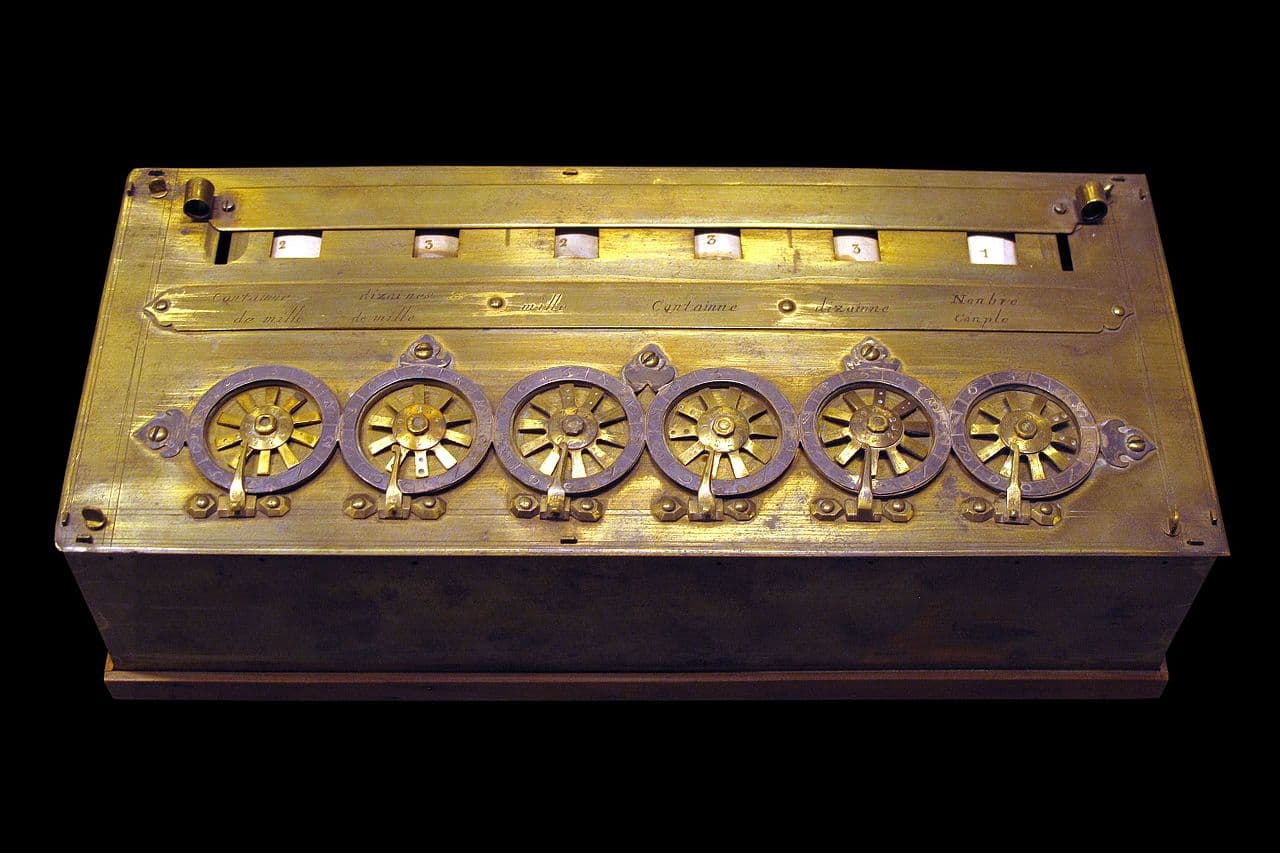We're loading the full news article for you. This includes the article content, images, author information, and related articles.
A Paris court has halted the multi-million-euro sale of a rare 1642 calculating machine, sparking a global conversation on national heritage and the preservation of technological artifacts relevant to Kenya's own cultural debates.

A Paris administrative court has provisionally blocked the export and auction of one of the world's first mechanical calculators, an almost 400-year-old device known as 'La Pascaline'. The ruling, issued late on Tuesday, 18 November 2025 (EAT), came just hours before the historic artifact was scheduled to be sold by auction house Christie's in Paris on Wednesday, 19 November 2025. Christie's confirmed it has suspended the sale, which was expected to fetch between €2 million and €3 million, following the court's decision and instructions from the owner. The machine was the highlight of a collection belonging to the late French engineer and noted collector, Léon Parcé.
The legal challenge was initiated by a group of prominent scientists and researchers who argue the machine is a "national treasure" of major importance to the heritage of France and the world. Invented by the French mathematician and philosopher Blaise Pascal in 1642 when he was just 19 years old, La Pascaline is considered a foundational artifact in the history of computing. Pascal developed the intricate gear-operated device to assist his father, a tax collector, with laborious calculations, marking what Christie's described as "the first attempt in history to substitute the work of a machine for that of the human mind". This specific model is designed for surveying calculations, using pre-metric French units of measurement.
Only a handful of these revolutionary machines are known to exist today. While Pascal built around twenty, most sources confirm that only eight or nine authentic Pascalines have survived. The specimen slated for auction is believed to be the only one remaining in private hands, with the others housed in European museums, including five in French public collections. Proponents of the export ban argue that this particular machine is unique and vital for study, representing a "shining symbol of a unique alliance of history, science and technology".
The court's intervention hinges on France's "trésor national" (national treasure) laws, which empower the state to block the export of culturally significant items. Once an object is designated a national treasure, the French government has a 30-month period to raise funds to purchase it for the nation, preventing it from leaving the country. The French Culture Ministry had previously issued an export certificate in May 2025, a decision approved by experts from the Louvre Museum and the National Centre of Arts and Crafts (CNAM). However, the court's provisional ruling now overrides that certificate pending a final judgment, which could take several months.
While the fate of La Pascaline is decided in a Parisian courtroom, the case resonates with critical conversations happening across Africa. The debate over whether historically significant artifacts should be privately owned and sold on the open market or preserved in public collections for national benefit is a central theme in the ongoing movement for the restitution and repatriation of African heritage. Many of Africa's most important cultural treasures are currently held in Western museums and private collections.
The French government's legal framework that allows it to reclaim items of national importance provides a compelling case study. Furthermore, the Pascaline story highlights the importance of preserving technological heritage. In Africa, organizations like the African Union Development Agency and African Digital Heritage are increasingly using modern technology, such as 3D scanning, to document and preserve cultural artifacts, ensuring their legacy for future generations. The battle over a 17th-century calculator underscores a universal principle: a nation's scientific and cultural history is an invaluable asset that merits protection, a conversation that remains deeply relevant from Nairobi to Paris.
Keep the conversation in one place—threads here stay linked to the story and in the forums.
Sign in to start a discussion
Start a conversation about this story and keep it linked here.
Other hot threads
E-sports and Gaming Community in Kenya
Active 9 months ago
The Role of Technology in Modern Agriculture (AgriTech)
Active 9 months ago
Popular Recreational Activities Across Counties
Active 9 months ago
Investing in Youth Sports Development Programs
Active 9 months ago